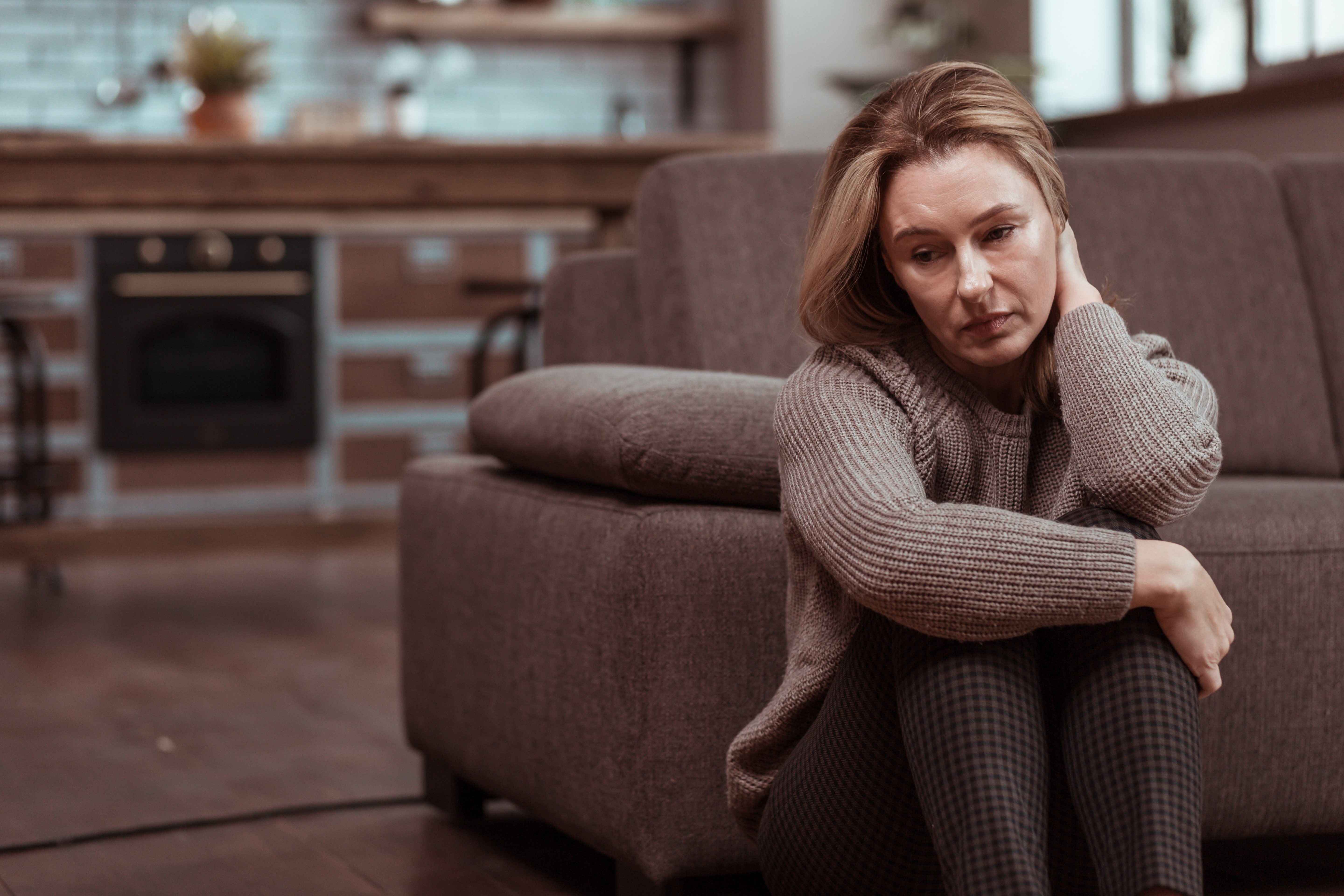
“Everything that is made beautiful and fair and lovely is made for the eye of one who sees.”
Rumi
Depression in Traditional Chinese Medicine:
There are 5 main “diseases” which correspond to depression.
- Depression
- Lilium Syndrome
- Plum-Stone Syndrome
- Agitation
- Palpations and Anxiety
“Depression”:
This is one of the most common syndromes. Depression (Yu in TCM) describes a state of energy stagnation. In short when emotions are undigested they lead to physical stagnation of energy and visa versa when energy stagnates physically due to diet or lack of exercise then emotions tend to “get stuck” and settle into moods.
The symptoms tend to come and go to some degree related to movement. This type of depression tends to improve temporarily with anything that moves energy such as moderate exercise, alcohol, caffeine, and various herbs/supplements.
The most common symptoms here are physical tension such as in the muscles, behind the eyes, or in the chest, stomach, or lower belly.
“Lilium Syndrome”:
This syndrome tends to arise out of the previous one (meaning it’s a “deeper” issue).
When energy stagnates for a long time is depletes a lot of the natural beneficial resources in the body and cause “inflammation”.
At this point the energy of the body is not only stuck (as in the previous syndrome) but it is also depleted.
The most common symptoms here are:
- Wanting to eat, but reluctant to swallow food
- Lack of desire to speak/talk
- Wanting to lie in bed but cannot is restless while doing so
- Wanting to walk but quickly tires
- Dislike to the smell of food
- Feels cold or hot
- Oftentimes the heartrate is faster than normal (over 72 bpm)
“agitation, Plum-Stone, and Anxiety”:
While these are 3 distinct syndromes I am listing them together here because there is often a lot of overlap between them in real life (people who have 1 often have the others).
In my experience lack of emotional digestion ALWAYS plays a role at this level.
The most common symptoms here are:
- Frequent yawning or stretching
- Feels frequently sad and on the verge of “breaking down” (one of my clients described her experience as “I just can’t get enough energy to be happy”)
- Fullness, bloating, or pain that runs from the lower abdomen up through the belly button, solar plexus, and chest. (Often described as “adrenaline surges”)
- Palpations of the heart
- Breathlessness
- Feeling of lump in the throat
- Anxiety or “mental restlessness”
Treatment Options in Traditional Chinese Medicine:
Traditional Chinese Medicine views anxiety in a similar way to Western Medicine, that is that anxiety is often classified as either primarily a problem of the mind or a problem in the body although here is where the similarities end.
In Chinese Medicine the state of the mind always takes priority in the case of anxiety. According to this perspective; Anxiety is always related primarily to the heart (referred to throughout this blog as the “self aware/conscious brain”) and only secondarily to the liver (referred to throughout this blog as the “thinking/emotional brain”) and kidneys.
It is worth noting that the kidneys which are often used to describe the overall state of the physical body are listed as only 1 of 3 contributing factors to anxiety which really emphasizes that the brain (self aware/conscious and thinking/emotional) are more important when it comes to treatment of anxiety.
While there are only 3 main “diseases” corresponding to anxiety in Chinese Medicine each of these 3 can be triggered for more than 1 reason and therefore each requires its’ own specific treatment. This is similar to the idea of different types of medications in Western Medicine being used to treat different types of hormonal and chemical imbalances.
Each different imbalance of the mind or body in Chinese Medicine can be treated through a variety of different therapies including:
- Diet (what you eat, how you eat it, and your relationship with it)
- Treatment of the mind (through mindfulness practices such as meditation, emotional digestion practices, and de-storying practices). (All available in a 1-1 setting)
- Treatment of the channels/organs (through acupuncture, acupressure, and qigong)
- Traditional Chinese Herbal Medicine. Offered locally in Colorado Springs here.
All of these will be discussed seperately in future posts with a special emphasize on:
- Each type of imbalance, common signs and symptoms so you can get a clearer picture of where you fit
- Treatment options for each with a focus on what you can do at home starting today and where you might find help from a healthcare professional most beneficial
- Interviews with other specialists in their field and what suggestions they have to share for coping with and overcoming your anxiety.
- Interviews with others who are either currently suffering with or have overcome their anxiety. What worked and didn’t work for them and their stories.
Wishing you a life of unparalleled joy and acceptance!
David
Where To Next?
Build on your understanding of your depression in the following post:
Pick a new topic for specific practices/opportunities to heal for your specific challenges in the Pick Your Struggle Tab:
Get personalized 1 on 1 attention by scheduling a private session: